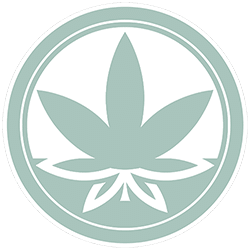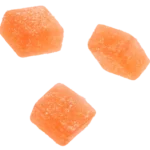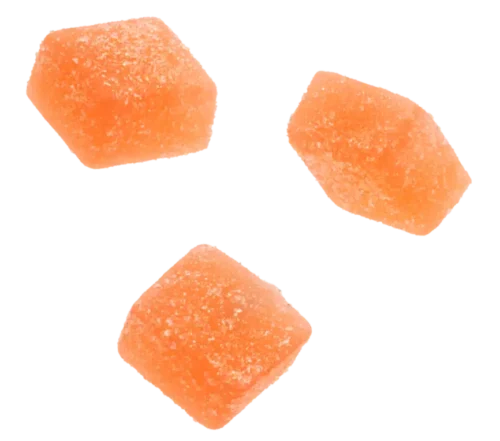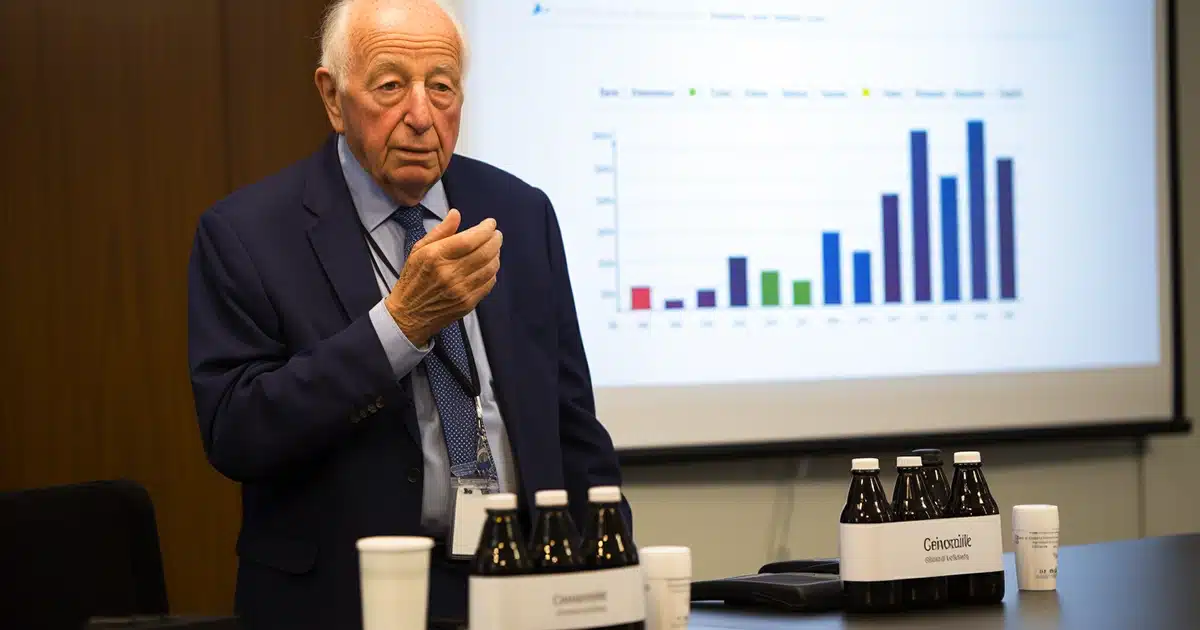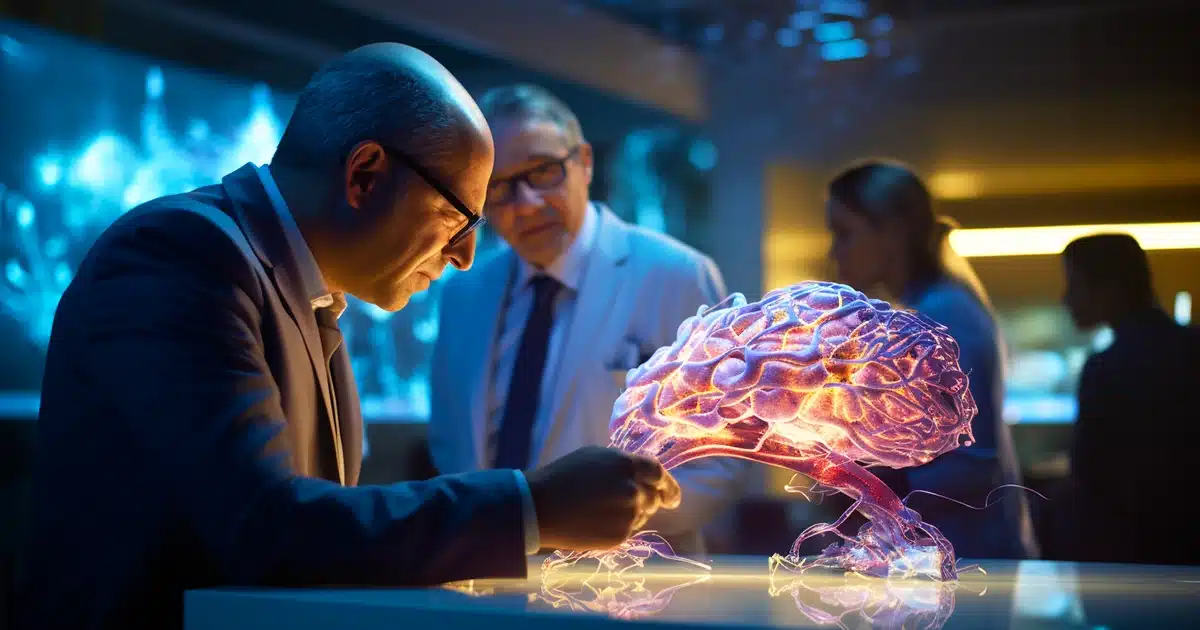CBD Is Psychoactive: The Evidence-Based End of the Debate
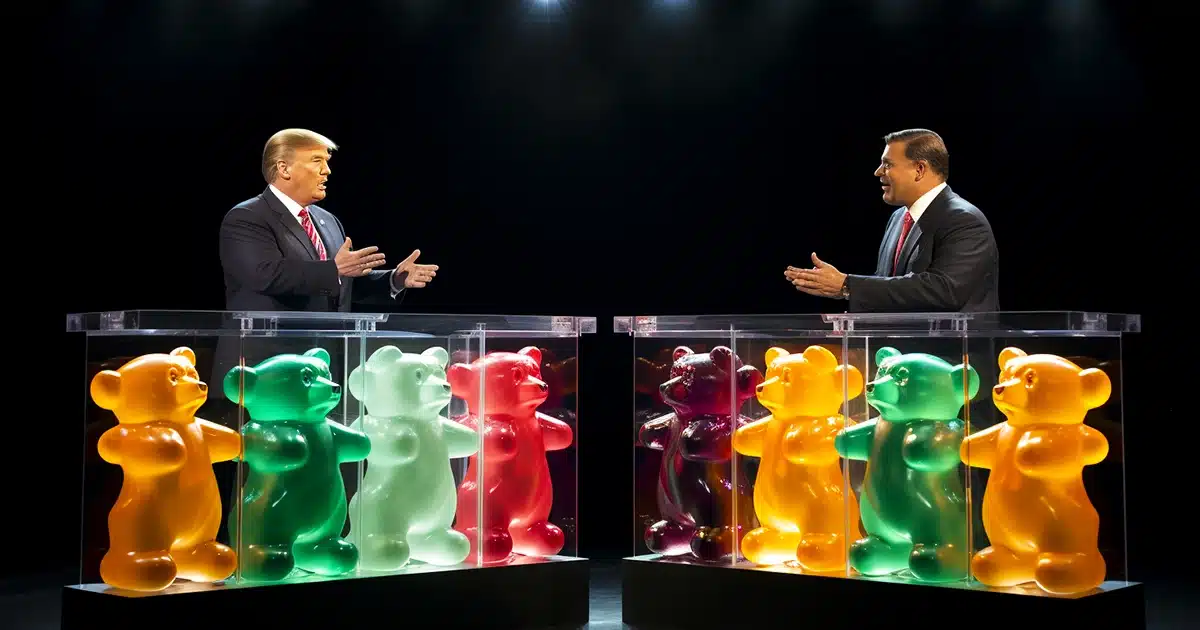

Christopher Visser
Multi-Cannabis Business Owner
Christopher Visser, the Founder and CEO of Cannabidiol Life and THCGummies.com, is a distinguished figure in the CBD industry, recognized for his pioneering contributions since 2016. With over 120 published articles, Christopher has become a reputable cannabis researcher, writer, and author. He's built two prosperous cannabis ventures that collectively generated millions in annual sales. His in-depth analysis of numerous cannabis studies, collaboration with medical professionals, and personal engagement with thousands of customers underline his expertise and commitment to advancing cannabis understanding daily.
-
 Written By:
Christopher Visser
Written By:
Christopher Visser
- Published:
- Updated: February 8, 2024
- Too Quiet, Light Up The Convo!
Is CBD non-psychoactive or psychoactive? It's time to set the record straight and settle this debate once and for all by looking at the available research and presenting only concrete evidence for this discussion. Sneak peak? CBD is psychoactive.
Table of Contents
- Tags: Cannabidiol (CBD), What Is
Introduction
It’s time to set the record straight and look at the evidence. So, let’s end the debate here: CBD is psychoactive. The commonly found online claims that suggest otherwise, by stating “CBD is non-psychoactive because it doesn’t produce a high,” are misleading.
We’re not wasting any time today, let’s get right to it.
Reason Why People Incorrectly Claim that CBD is Non-Psychoactive
The root of this misconception lies in the association between THC’s primary effect of inducing a “high” and its categorization as a psychoactive substance. Many have been led to equate ‘psychoactive’ with being ‘high-causing’. Thus, CBD, which doesn’t cause a “high” similar to THC, is often labeled non-psychoactive.
The result?
The claim that CBD is non-psychoactive is now often being misused in a colloquial sense to mean that CBD doesn’t produce a “high” or the specific intoxicating effects that THC induces. However, stating that CBD is non-psychoactive in the first place, regardless of whether or not it produces a “high,” is where it is technically incorrect.
The term “psychoactive” is broad because it encompasses any substance that has an effect on the mind. Now, given that there is a plethora of evidence that we share below on how CBD impacts mood, anxiety, depression, behavior, and other aspects of cognition, CBD is, by definition, a psychoactive substance.
Definition of Psychoactive
At its core, a substance is considered psychoactive if it has an influence on our mental state. More specifically, it should act on the central nervous system and alter aspects such as perception, mood, consciousness, cognition, or behavior. Thus, by this definition, any substance that shifts one’s mental state is psychoactive.
The immediate question to ask now is, “what do we know about CBD’s ability to affect the mental state upon its consumption?”
Let’s let science and government entities answer this question for us.
Authoritative Findings From Scientific Research Studies
The scientific community has explored the effects of CBD extensively. Below are some of the notable findings from research studies, alongside mentions from authoritative bodies that provide insight into CBD’s influence on the mind and body.
Anti-anxiety and Anti-stress Effects:
A double-blind study on humans published in the “Journal of Psychopharmacology” found that CBD reduces anxiety after a simulated public speaking test. [1]
Effects on Social Anxiety Disorder:
A study in “Neuropsychopharmacology” noted that CBD could change the way participants with social anxiety disorder responded to fearful facial expressions, pointing to an underlying mechanism for its anxiolytic effects. [2]
Antidepressant-like Effects:
- A study in “Progress in Neuro-Psychopharmacology and Biological Psychiatry” found antidepressant-like effects from CBD in an animal model. [3]
- A study in “Neuropharmacology” in 2018 showed that CBD has antidepressant-like effects in mice. Again, this is evidence of its psychoactive nature. [4]
Cognition and Psychosis:
A study in “JAMA Psychiatry” found that CBD had a modest effect on cognition in patients with schizophrenia, suggesting potential antipsychotic properties. [5]
Effects on Brain Function in Relation to Psychosis:
Research in “JAMA Psychiatry” showed that CBD could affect the brain’s response to auditory hallucinations, suggesting a potential role in treating disorders like schizophrenia. [6]
Childhood Epilepsy and Cognitive Improvement:
In the journal “Neurology,” researchers found that CBD could not only reduce seizures in children with treatment-resistant epilepsy but also improve certain aspects of cognition and behavior. [7]
Legal Disclaimer (And My Response To It)
Legal Disclaimer:
Although the evidence is extremely promising (as you can see from the references above), none of this information can be taken as medical facts because these claims have not been evaluated by the FDA or approved by the medical society.
My Response To The Above Disclaimer:
The references listed above are only a handful that I gathered. There are many other studies not listed, along with hundreds of thousands of people worldwide that have reported and purported, respectively, that CBD seemed to reduce or did reduce anxiety-like symptoms, feelings of depression, and experience positive changes in behavior and cognitive function.
The Correct Way To Describe CBD
A nuanced and more accurate way to describe CBD is:
“CBD, while being psychoactive due to its effects on the mind, is neither intoxicating nor psychotropic. It does not produce the euphoria or ‘high’ that is characteristic of THC.”
The above statement accurately conveys the true nature that while CBD has effects on the mind, it doesn’t produce the characteristic “high” of THC.
Summary
In conclusion, CBD meets the criteria of a psychoactive substance as it influences the central nervous system and alters brain function, mood, and behavior. Just because THC is labeled as psychoactive for its specific euphoria-inducing effects doesn’t mean CBD should be excluded from the psychoactive category.
It’s crucial to approach this topic with a nuanced understanding, and not let simplified or misleading terms define the conversation.
Given that this is a topic of medical nature and that I am NOT a medical professional, you shouldn’t take my presented research as medical advice. Instead, present my information with your primary care physician or consult with a medical professional before making any health-related decisions regarding CBD consumption.
If you’re curious to learn more on this topic, visit my highly-cited article that dives deep into comparing psychoactive and psychotropic substances.
Now, I have a question for you! Do you agree with my research findings? Please share your thoughts and let’s spark a community discussion in the comment section below!
References:
- Bergamaschi, M. M., Queiroz, R. H., Chagas, M. H., de Oliveira, D. C., De Martinis, B. S., Kapczinski, F., … & Crippa, J. A. (2011). Cannabidiol reduces the anxiety induced by simulated public speaking in treatment-naïve social phobia patients. Journal of Psychopharmacology, 25(1), 121-130.
- Crippa, J. A., Derenusson, G. N., Ferrari, T. B., Wichert-Ana, L., Duran, F. L., Martin-Santos, R., … & Filho, A. S. (2011). Neural basis of anxiolytic effects of Cannabidiol (CBD) in generalized social anxiety disorder: a preliminary report. Neuropsychopharmacology, 36(6), 1219-1226.
- Zanelati, T. V., Biojone, C., Moreira, F. A., Guimarães, F. S., & Joca, S. R. (2010). Antidepressant-like effects of Cannabidiol in mice: possible involvement of 5-HT1A receptors. Progress in Neuro-Psychopharmacology and Biological Psychiatry, 34(1), 77-83.
- Sales, A. J., Crestani, C. C., Guimarães, F. S., & Joca, S. R. L. (2018). Antidepressant-like effect induced by Cannabidiol is dependent on brain serotonin levels. Neuropharmacology, 135, 22-33.
- McGuire, P., Robson, P., Cubala, W. J., Vasile, D., Morrison, P. D., Barron, R., … & Wright, S. (2018). Cannabidiol (CBD) as an adjunctive therapy in schizophrenia: a multicenter randomized controlled trial. JAMA Psychiatry, 75(3), 299-300.
- Bhattacharyya, S., Morrison, P. D., Fusar-Poli, P., Martin-Santos, R., Borgwardt, S., Winton-Brown, T., … & Mehta, M. A. (2010). Opposite effects of Δ-9-tetrahydrocannabinol and Cannabidiol on human brain function and psychopathology. JAMA Psychiatry, 67(4), 418-424.
- Devinsky, O., Marsh, E., Friedman, D., Thiele, E., Laux, L., Sullivan, J., … & Wong, M. (2016). Cannabidiol in patients with treatment-resistant epilepsy: an open-label interventional trial. Neurology, 87(7), 313-319.
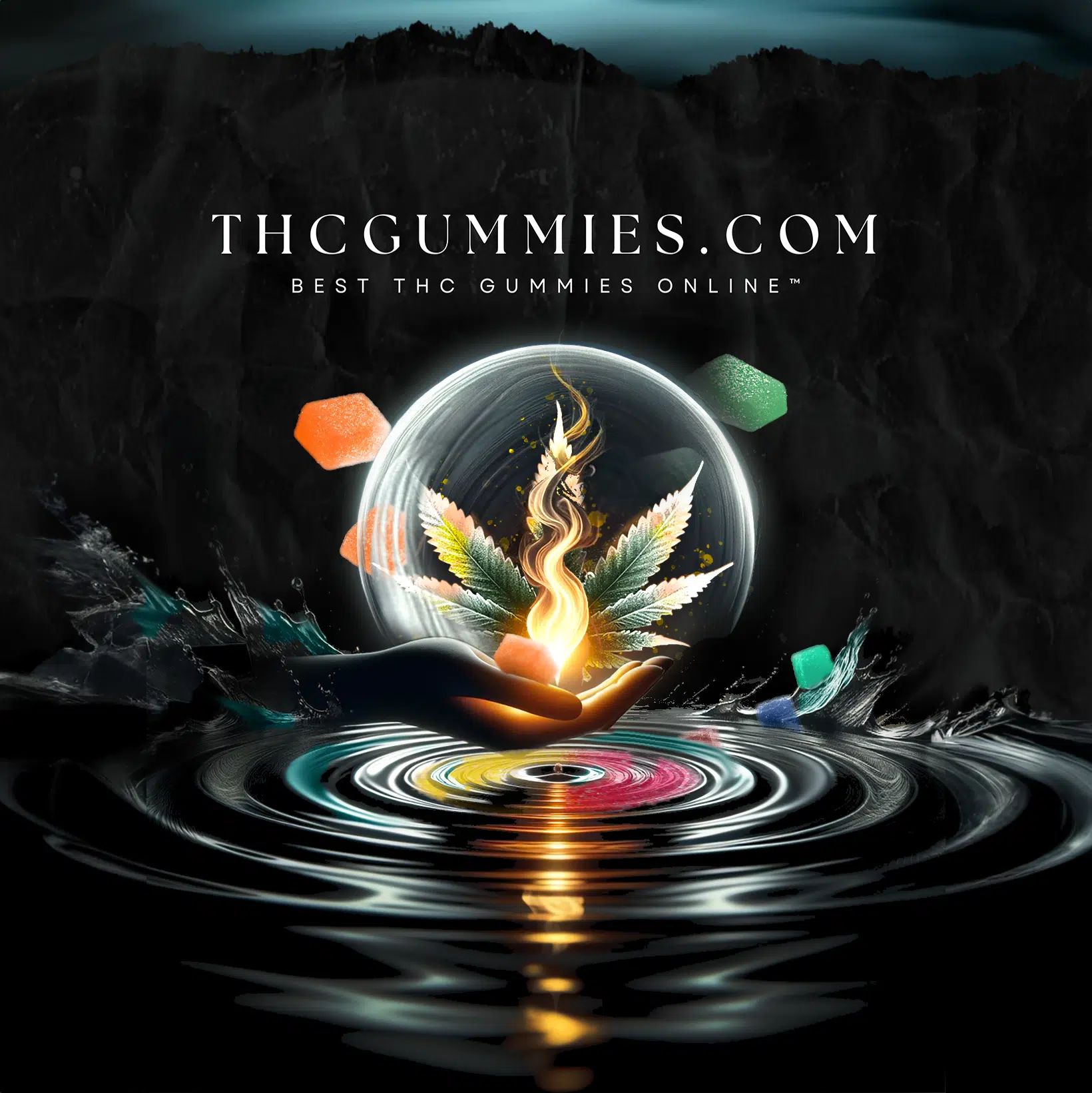
If this article sparked a new insight, pass the flame…
LET’S IGNITE RIPPLES OF CANNABIS WISDOM.
Be the catalyst for someone’s breakthrough moment.
SHARE ON SOCIAL MEDIA

YOUR CANNABIS EDIBLE
JOURNEY CONTINUES:
Looking For Something Else?
